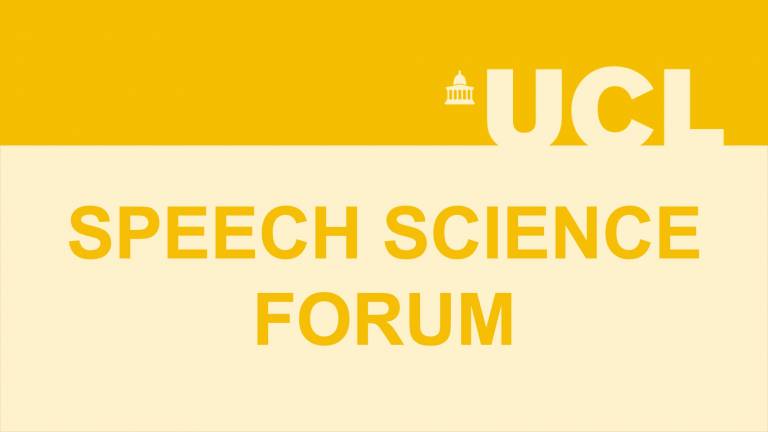Speech Science Forum - Jaimy Hannah (Western University)
17 May 2023, 4:00 pm–5:30 pm

Cognitive Factors and Individual Difference Affecting Speech-in-Noise Perception
This event is free.
Event Information
Open to
- All
Cost
- Free
Organiser
-
Justin Lo
Abstract:
Listening to speech often involves overcoming challenges in order to obtain meaning and carry out successful communication. For example, we are often presented with speech in the presence of background sound. Focusing on the speech stream of interest, and retrieving masked speech, involves the recruitment of cognitive resources and brain regions beyond those involved in processing clear speech. In this talk, I will be discussing three studies (recently completed and in progress) relating to how we process speech-in-noise.
- Speech-in-noise performance is highly correlated with performance on cognitive tasks assessing working memory and cognitive inhibition. A meta-analysis of functional neuroimaging studies using tasks assessing speech-in-noise perception, working memory, or cognitive inhibition revealed that the overlap in function among these tasks appears to lie in bilateral anterior insula.
- In addition to background noise, we also face challenges such as semantic ambiguity (Rodd et al., 2005; Rodd et al., 2010). Intelligibility scores tend to be lower for sentences containing ambiguous words, even when presented clearly. Acoustic and semantic challenges also lead to different patterns of neural activation. Using fMRI, and in collaboration with an international team, I am in the process of investigating how these networks and their functional connectivity differ between speech-in-noise and semantic ambiguity.
- Speech comprehension and speech intelligibility are separate, but related, aspects of speech processing. Speech-in-noise tasks often involve measuring intelligibility, which requires reporting each individual word. However, when we listen naturally, we care about the overall message being conveyed, and not necessarily about the individual words. In fact, the cognitive processes recruited for these two tasks probably differ and have different downstream effects on memory for the speech. In order to investigate these differences, I am conducting imaging studies comparing the processing of speech for intelligibility versus for comprehension.
About the Speaker
Jaimy Hannah
at Western University
 Close
Close

